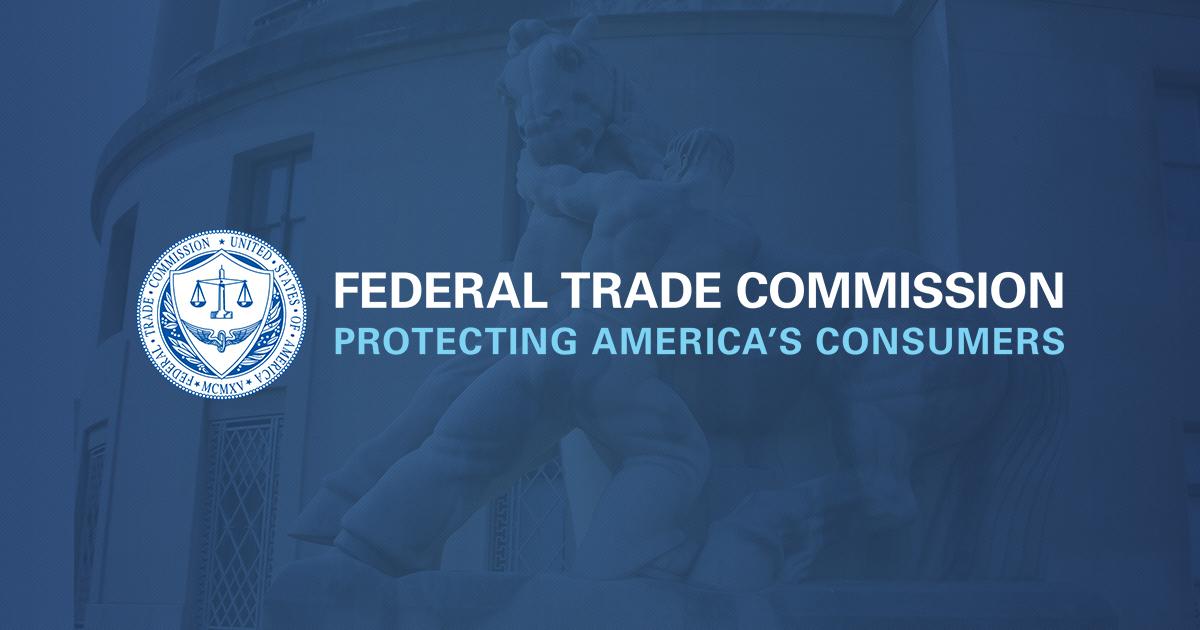The two remaining defendants among a group of California-based marketers are permanently barred from the deceptive marketing and billing tactics they allegedly used in connection with selling skincare products offered to consumers with supposedly “risk-free” trials. The court order resolves the Federal Trade Commission’s charges against them, which the agency announced in mid-2015.
A total of thirty-two defendants who sold AuraVie, Dellure, LéOR Skincare, and Miracle Face Kit branded skincare products have agreed to court orders with the FTC or had default orders entered against them. The proposed court settlement announced today resolves the FTC’s charges against the remaining two defendants in the case, Alan Argaman and Secured Merchants, LLC.
The FTC alleged Argaman owned and controlled two companies that were part of the scheme, Secured Merchants and Secured Commerce, LLC, which previously defaulted in this case. According to the FTC, Argaman provided services to help continue the skincare marketers’ unauthorized billing practices.
The court order announced today bars Argaman and Secured Merchants from engaging in deceptive practices in connection with the promotion or sale of any good or service, including failing to disclose clearly and conspicuously material terms of offers, failing to obtain a consumer’s express informed consent before submitting billing information for payment, and violating FTC’s Telemarketing Sales Rule (TSR).
It also imposes a $320,665.89 judgment against the defendants, which is suspended based on their inability to pay. The full judgment will become due, however, if a court later finds they misrepresented their financial condition.
Case History
The agency’s original complaint, filed in June 2015, charged seven individuals and 15 companies with selling their skincare products using false advertisements for “risk-free trials.” According to the Commission, the defendants convinced consumers to provide their credit or debit card information, purportedly to pay nominal shipping fees.
However, the defendants allegedly used consumers’ credit or debit card information to place unauthorized recurring monthly charges of up to $97.88 per month for unordered products. The FTC also charged the defendants with misrepresenting themselves as accredited by and having an A- rating with the Better Business Bureau.
The Commission charged the defendants with violating the FTC Act, the Restore Online Shoppers’ Confidence Act, and the Electronic Fund Transfer Act. In October 2015, the FTC filed an amended complaint, adding eight corporate defendants, two individual defendants, and one corporate relief defendant to the case, bringing the total number of defendants to 33.
Over the past two years, the Commission has approved five stipulated court orders, each of which has been entered by the court. Additionally, the court has entered a default judgment and order against 19 corporate defendants. The court granted the FTC’s motion to dismiss relief defendant Chargeback Armor, Inc., from the case in 2017. In July 2017, the court also issued a default judgment against defendant Kristopher Bond, also known as Ray Ibbot, individually or as a manager of Bunzai Media Group, Inc.
The Commission votes approving the stipulated final order against defendants Argaman and Secured Merchants was 5-0. The FTC filed the proposed order in the U.S. District Court for the Central District of California, and it has been signed by the judge.
NOTE: Stipulated final orders and default judgments and orders have the force of law when approved and signed by the District Court judge.
The Federal Trade Commission works to promote competition, and protect and educate consumers. You can learn more about consumer topics and file a consumer complaint online or by calling 1-877-FTC-HELP (382-4357). Like the FTC on Facebook, follow us on Twitter, read our blogs and subscribe to press releases for the latest FTC news and resources.

